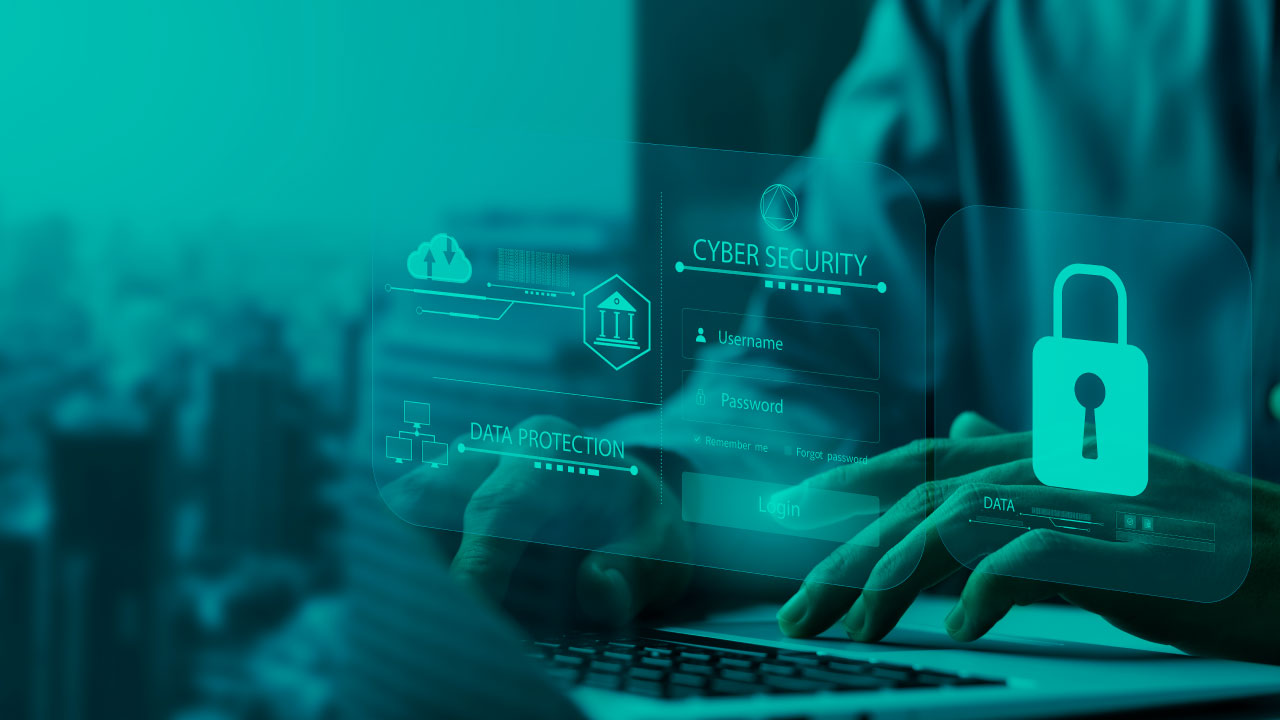3 Critical Steps to Better Cybersecurity
Cybersecurity is one of the significant challenges of our time and small businesses are particularly affected. The National Cyber Security Centre https://www.ncsc.gov.uk/ published that 4 in 10 SMBs reported having suffered from a data breach in 2020 that resulted in an average direct cost of £9,000. Among the most prolific threats is ransomware, where hackers take control and prevent access to your systems, then demand payment or ransom in return for unlocking access.
Many security professionals advise against paying ransoms as it is impossible to guarantee the outcome of an exchange. Criminals aren’t particularly trustworthy. Paying will inevitably enrich their criminal enterprise and provide more resources to perpetuate the act against others. For small business owners, the choice is a complex one. In most cases, this can result in significant psychological and economic harm. Often the choice to pay appears to be an easier path.
For better protection against ransomware and other cybersecurity threats, small businesses must adopt best practices to harden their defences and secure their business assets, people, and customers. Here are three critical steps to better Cybersecurity for your small business.
Identify your business assets
Evaluate and make a list of your critical business assets. Your assets are the most valuable elements of your business that is crucial to your business operations. These include your website, call centre, customer payment information, social media platforms, intellectual property, brand reputation and more. By identifying your critical assets, business owners can priorities what to protect, where to invest and what cybersecurity controls are most appropriate. For example, for an online learning platform, business owners might invest in a vulnerability scanning platform, penetration testing or an application security manager. The crucial thing to remember is that knowing what to protect will deliver better, more efficient outcomes for your business.
Keep an independent backup of your data
Data backup of your critical information is crucial and should form part of your daily routine. Suppose you use cloud productivity suites such as Microsoft 365 or Google Workspace. In that case, backing up the data you hold in your cloud productivity suites to another cloud location can help harden your defences. Cloud-to-cloud backups are usually automated, so you won’t have to do much else after setup.
Improve your cybersecurity awareness
Human and behavioural factors are significant contributors to small business data breaches. A good understanding of how to spot phishing emails or texts, using strong passphrases and how to report incidents are all good starting points. Interactive cybersecurity awareness platforms can help keep your organisation fully engaged, reducing human errors contributing to data breaches.
The highlighted measures are not an exhaustive list of actions small businesses must adopt to thrive in our new world. The recommended steps should be a starting point.
Small businesses are incredibly stretched for resources and usually, worrying about Cybersecurity is not top of the agenda. However, as our businesses grow or adopt more hybrid working practices, so do our risks. Small business owners who cannot effectively manage the risks on their own should form partnerships with professional and qualified IT & Security companies who can help them navigate the changing security landscape and their business needs.
